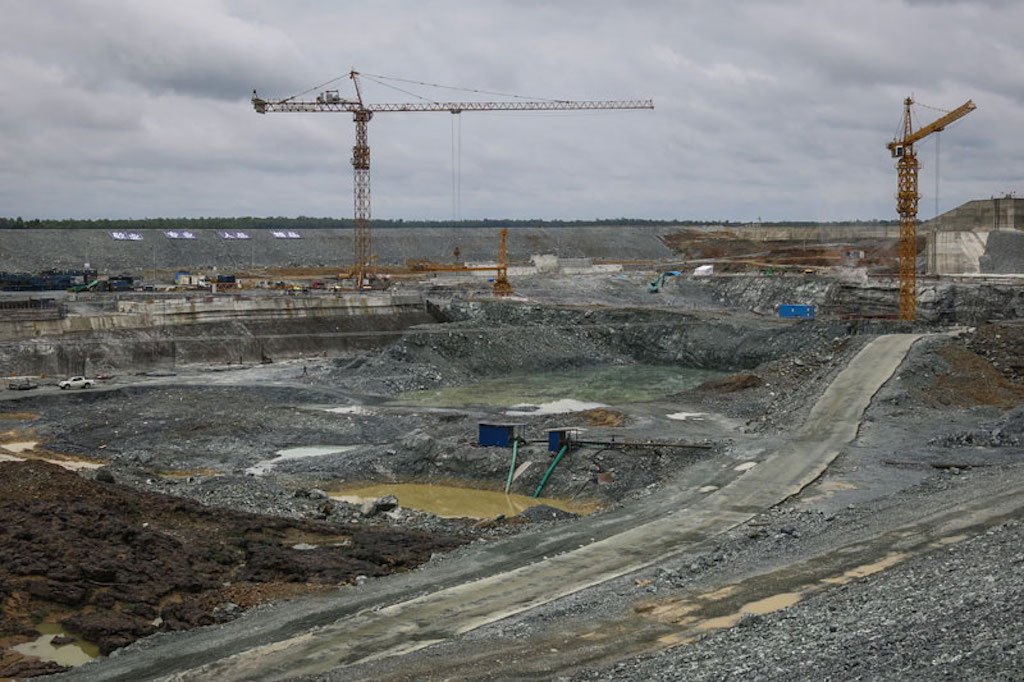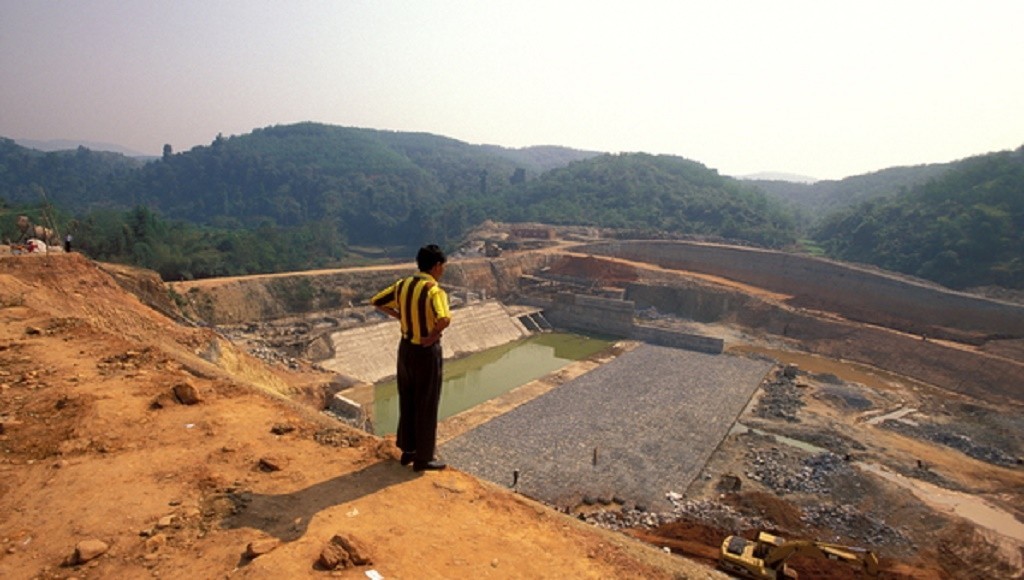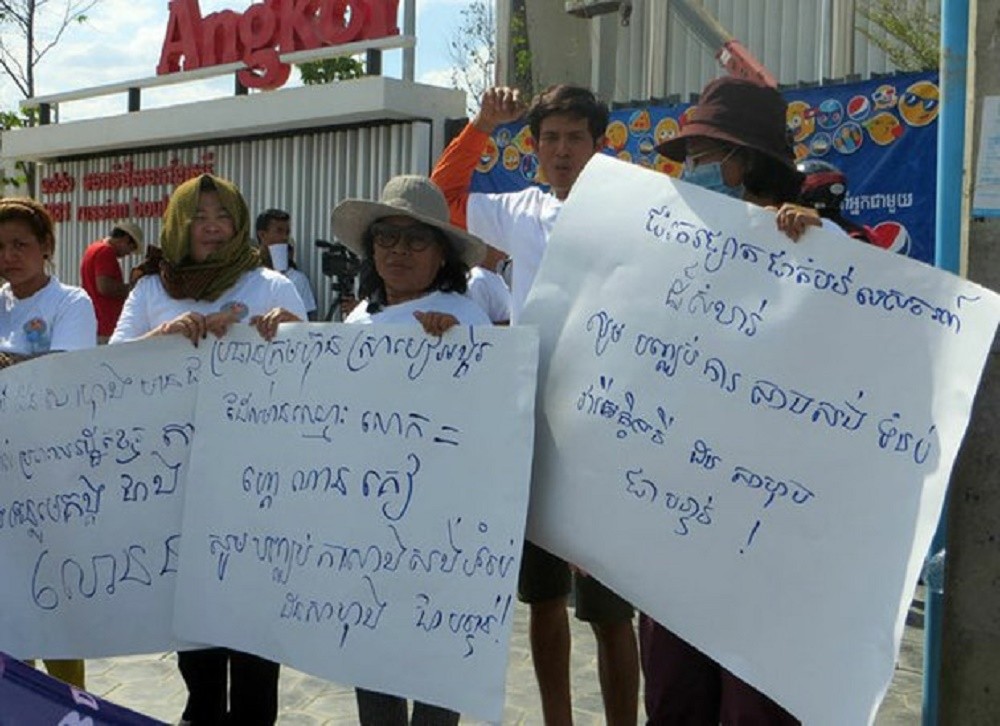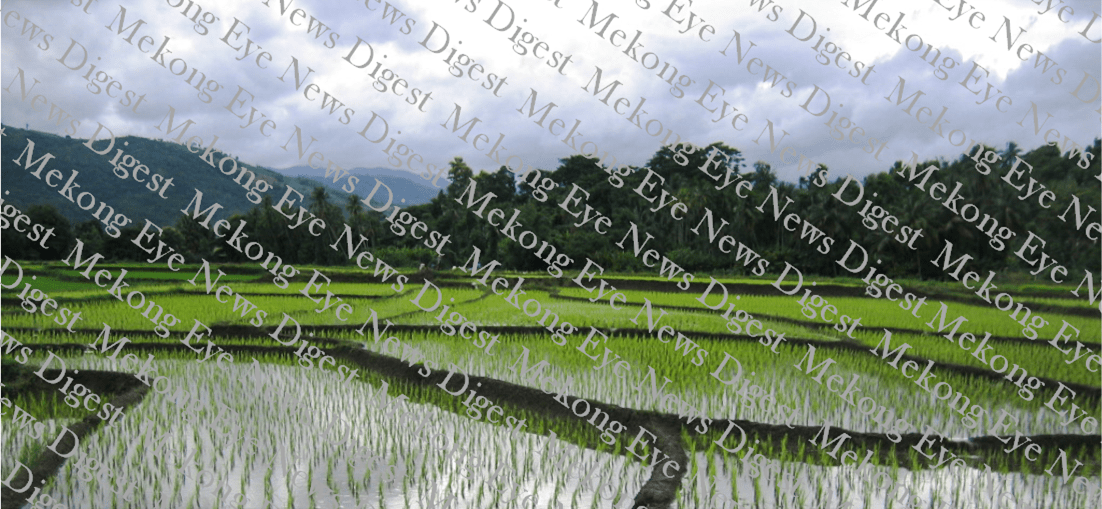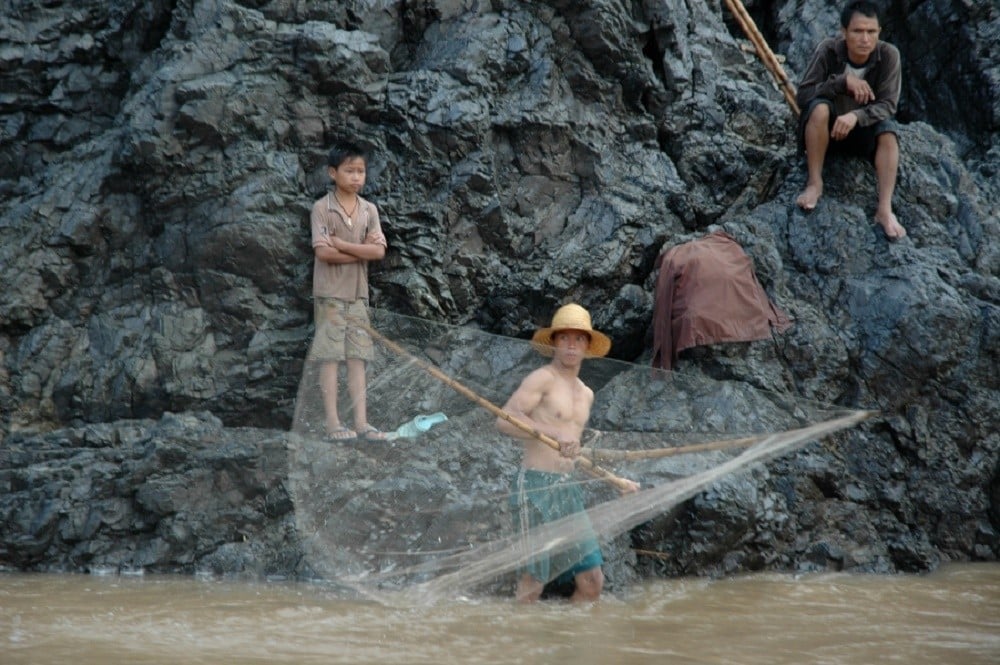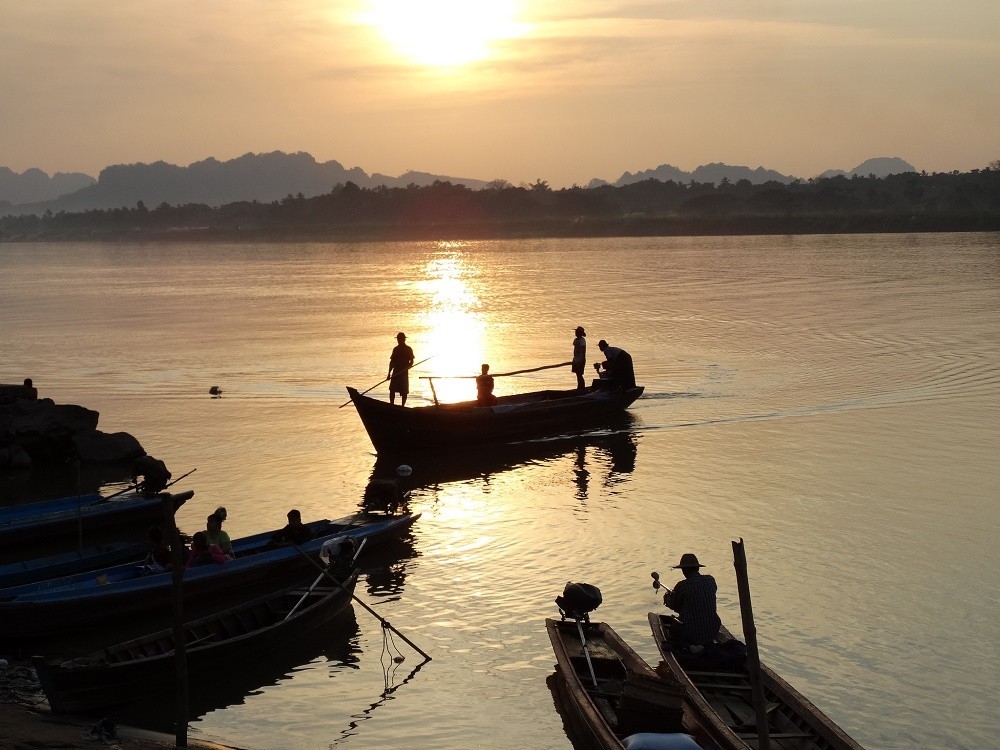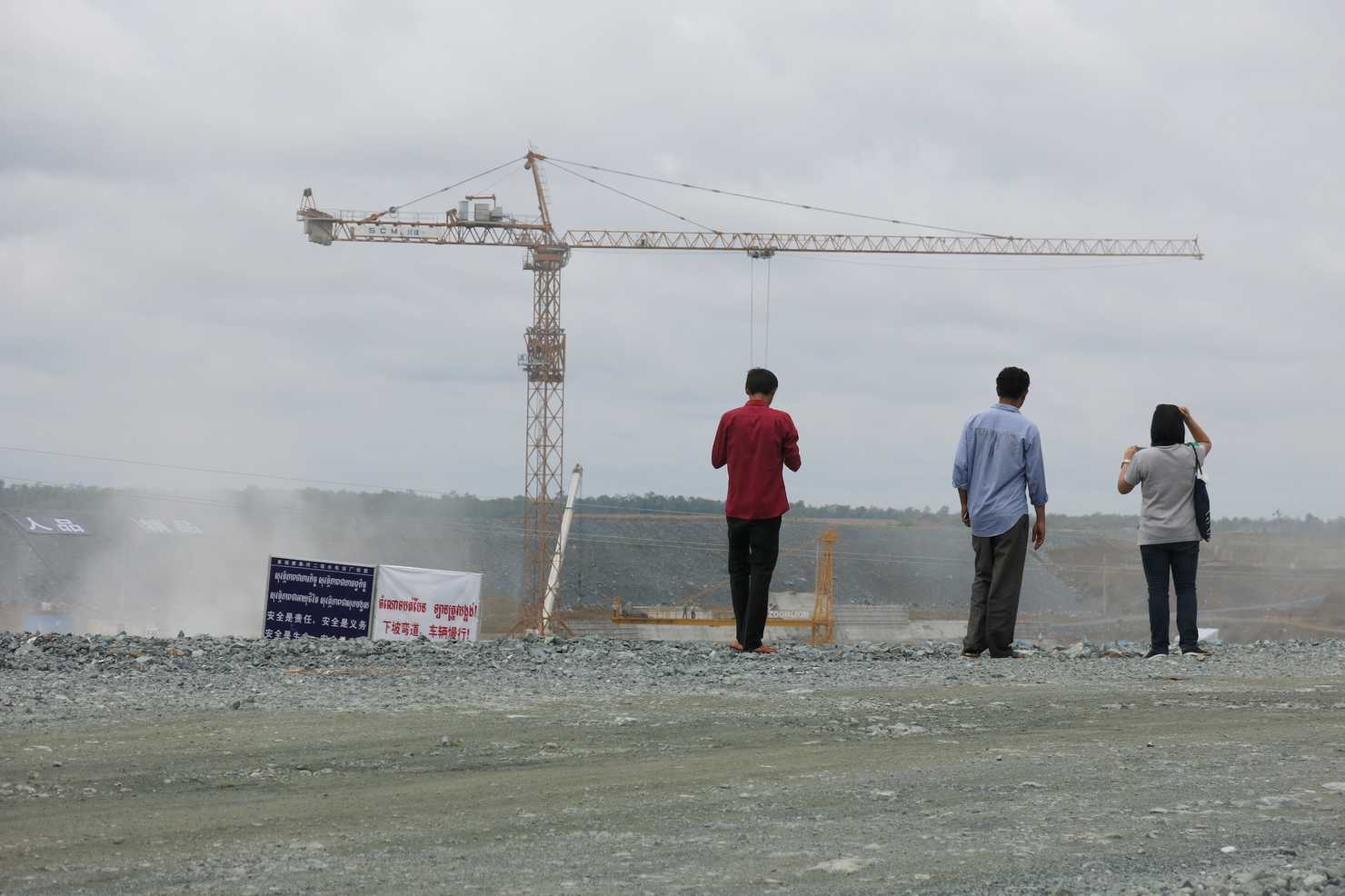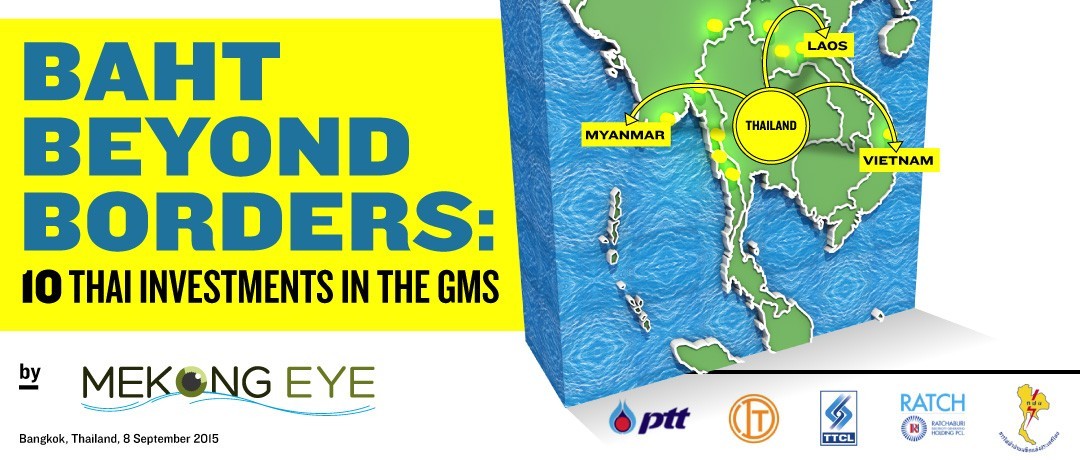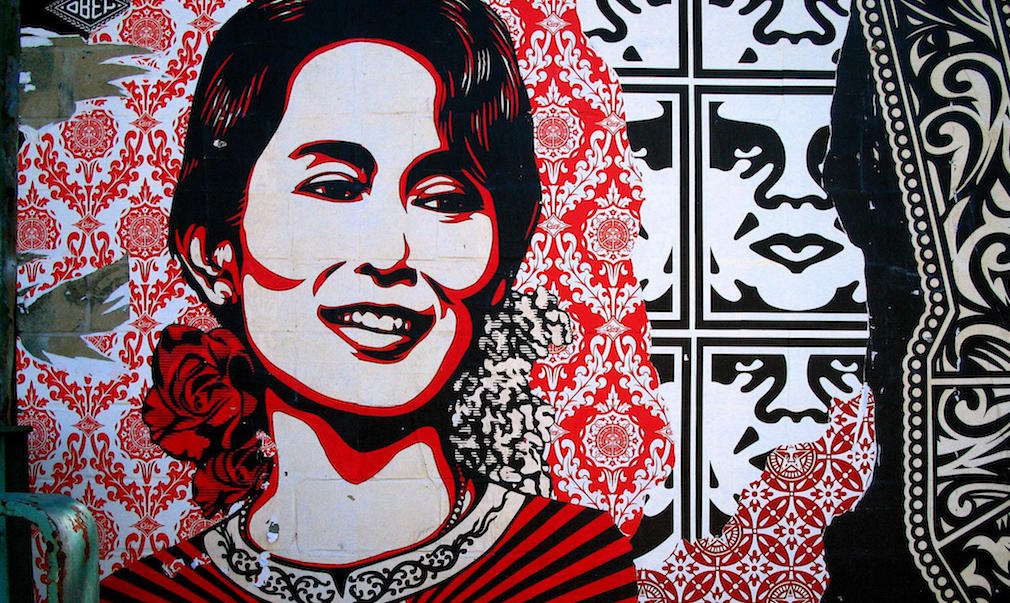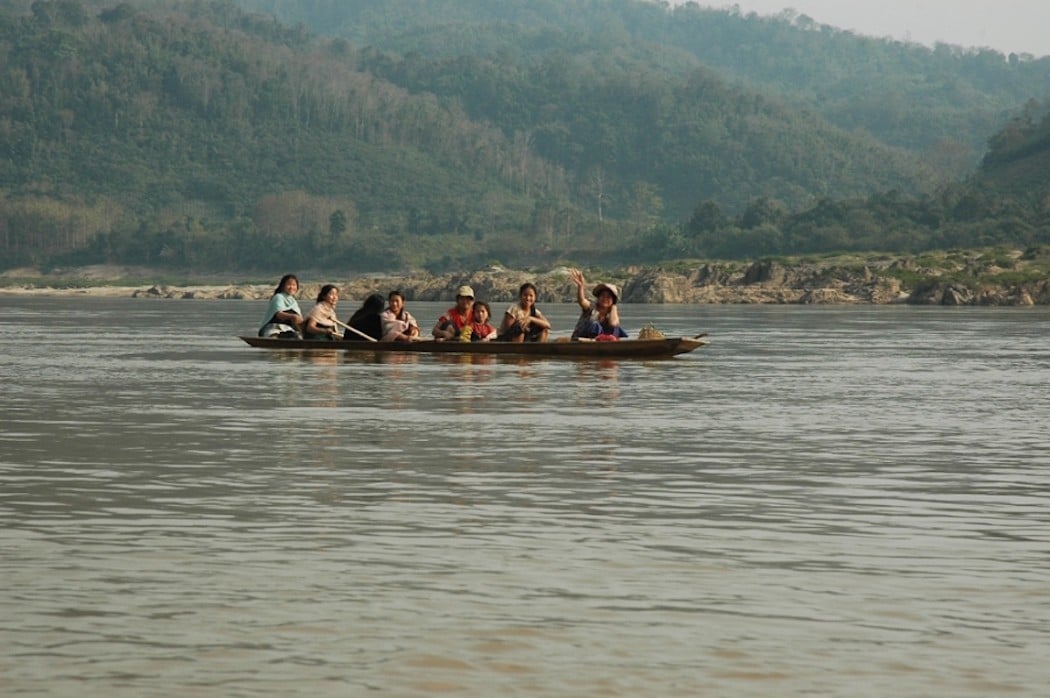Another 73 families in Stung Treng province have accepted the government’s offer of new land in exchange for the farms they will lose to the Lower Sesan II hydropower dam currently under construction, the second group to take the deal.
Seventy families accepted the land swap in May to make way for the 400-megawatt dam being built in a joint venture between the Royal Group and China’s Hydrolancang International Energy across the Sesan and Srepok rivers, both tributaries of the Mekong.


